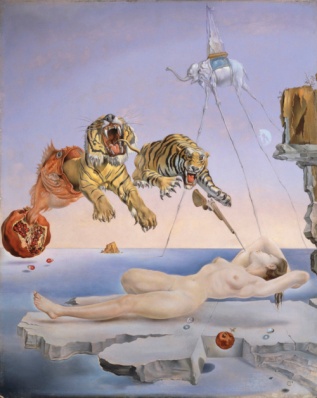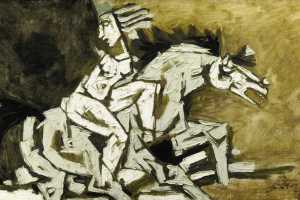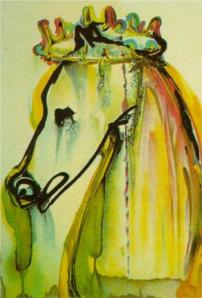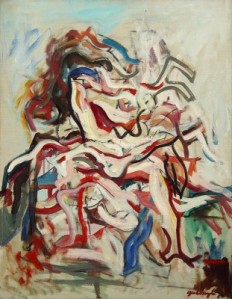Poetry for the day:
Going back more than a century today to a poem that I read many years ago as though he is no reader of poetry, my uncle really loves. It is the famous poem, If, by the English author and poet, Rudyard Kipling. It has been lauded as “an epic evocation of the British virtues of a ‘stiff upper lip’ and stoicism in the face of adversity, will once again be named as the nation’s favourite poem. The choice will certainly reignite the debate about whether it is, in fact, a great poem – which T. S. Eliot insisted it was not, describing it instead as ‘great verse’ – or a ‘good bad’ poem, as Orwell called it.”
Be that as it may, here it is:
If—
by Rudyard KiplingIf you can keep your head when all about you
Are losing theirs and blaming it on you,
If you can trust yourself when all men doubt you,
But make allowance for their doubting too;
If you can wait and not be tired by waiting,
Or being lied about, don’t deal in lies,
Or being hated, don’t give way to hating,
And yet don’t look too good, nor talk too wise:
If you can dream—and not make dreams your master;
If you can think—and not make thoughts your aim;
If you can meet with Triumph and Disaster
And treat those two impostors just the same;
If you can bear to hear the truth you’ve spoken
Twisted by knaves to make a trap for fools,
Or watch the things you gave your life to, broken,
And stoop and build ’em up with worn-out tools:
If you can make one heap of all your winnings
And risk it on one turn of pitch-and-toss,
And lose, and start again at your beginnings
And never breathe a word about your loss;
If you can force your heart and nerve and sinew
To serve your turn long after they are gone,
And so hold on when there is nothing in you
Except the Will which says to them: ‘Hold on!’
If you can talk with crowds and keep your virtue,
Or walk with Kings—nor lose the common touch,
If neither foes nor loving friends can hurt you,
If all men count with you, but none too much;
If you can fill the unforgiving minute
With sixty seconds’ worth of distance run,
Yours is the Earth and everything that’s in it,
And—which is more—you’ll be a Man, my son!
~*~
Music for the day:
Music from the British rock group, Pink Floyd. This track is from their fifth album, Atom Heart Mother, released in 1970.
If I were a swan, I’d be gone.
If I were a train, I’d be late.
And if I were a good man,
I’d talk with you
More often than I do.If I were to sleep, I could dream.
If I were afraid, I could hide.
If I go insane, please don’t put
Your wires in my brain.If I were the moon, I’d be cool.
If I were a book, I would bend for you.
If I were a good man, I’d understand
The spaces between friends.If I were alone, I would cry.
And if I were with you, I’d be home and dry.
And if I go insane,
And they lock me away,
Will you still let me join in the game?If I were a swan, I’d be gone.
If I were a train, I’d be late again.
If I were a good man,
I’d talk with you
More often than I do.
~*~
Art for the day:
“Dream Caused by the Flight of a Bee around a Pomegranate a Second Before Awakening” painted by Salvador Dali in 1944, and currently in the Thyssen-Bornemisza Museum, Madrid.
In 1962, Dali gave the following explanation for this painting:
“[It was intended] to express for the first time in images Freud’s discovery of the typical dream with a lengthy narrative, the consequence of the instantaneousness of a chance event which causes the sleeper to wake up. Thus, as a bar might fall on the neck of a sleeping person, causing them to wake up and for a long dream to end with the guillotine blade falling on them, the noise of the bee here provokes the sensation of the sting which will awaken Gala.”

















